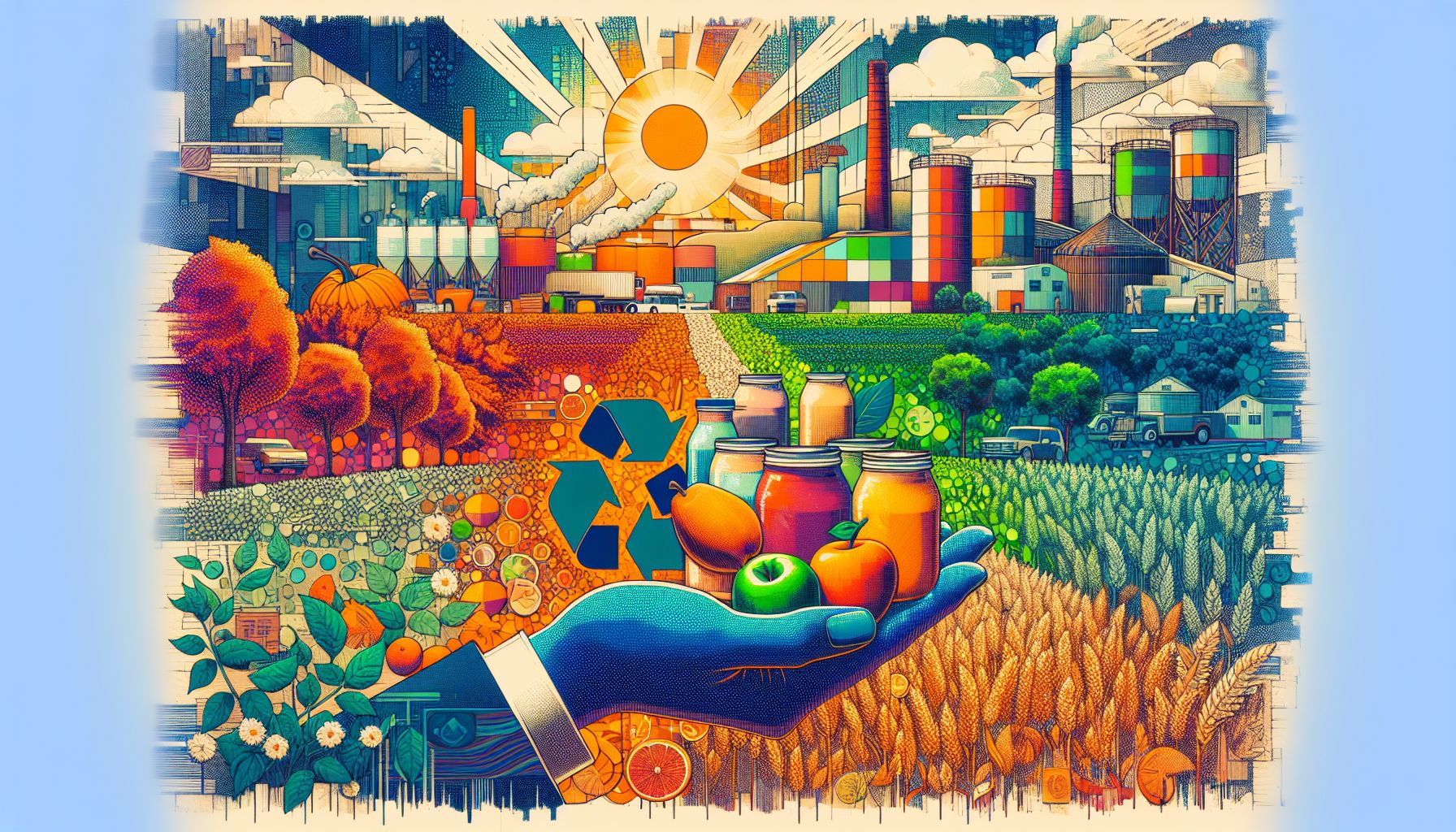Foodvalley Launches Initiative to Make Upcycled Food Products Mainstream

Foodvalley, in collaboration with agrifood sector partners, has launched the UPCycled4Food initiative to promote upcycled food products and ingredients, aiming to enhance sustainability and reduce food waste.
A New Era in Agritech
The UPCycled4Food initiative, launched by Foodvalley on June 18, 2024, during the ‘Towards Halving Food Waste in Europe’ conference, marks a significant step forward in the agritech sector. By reusing unavoidable by-products from the agrifood chain, this initiative aims to transform waste into valuable food products and ingredients, setting a new standard for sustainability in food production.
Driving Sustainability
The initiative is supported by nearly 50 parties who collaborated on the Position Paper ‘Upcycled Food and Ingredients.’ This paper outlines the vision and ambitions to better utilize by-products from the agrifood chain, identifying both challenges and opportunities in this growing market. By reapplying these by-products, the initiative not only reduces waste but also lessens the environmental impact of food production, addressing the pressing issue of climate change.
Concrete Actions and Collaborations
Foodvalley is translating the ambitions from the Position Paper into concrete actions through the UPCycled4Food initiative. Jolijn Zwart-van Kessel, the innovation lead at Foodvalley, emphasized the importance of this collaboration: ‘By reapplying unavoidable by-products from the agrifood chain into food and ingredients, less food needs to be produced, reducing pressure on climate and natural resources.’ The initiative aims to foster new collaborations and market opportunities, encouraging more companies to join the movement.
Industry Leaders on Board
Notable industry players have already expressed their support and commitment to the initiative. Nicole Timmerman, Business Developer Circular at Duynie Group, stated, ‘Duynie’s vision is to enable a circular agrifood system by maximizing the use of raw materials.’ Similarly, Quirine de Weerd, Head of Corporate Affairs at Lidl Nederland, highlighted their ‘Don’t Waste Me’ line, which creates high-quality products from chain residual streams.
Global Implications
The UPCycled4Food initiative aligns with global efforts to reduce food loss and waste, such as those outlined by the ZeroW project funded by the EU’s Horizon 2020 Programme. These efforts aim to halve food loss and waste by 2030 and reach near-zero levels by 2050, contributing to a more sustainable food system worldwide. By setting an example, Foodvalley’s initiative could inspire similar actions globally, promoting the adoption of upcycled food products and ingredients on a larger scale.
Conclusion
Foodvalley’s UPCycled4Food initiative represents a significant advancement in the agritech sector. By reusing unavoidable by-products, the initiative aims to make upcycled food products and ingredients the new norm, enhancing sustainability and reducing food waste. With strong support from industry leaders and alignment with global sustainability goals, this initiative has the potential to transform the food production landscape.

